How do you create a body of work that displays your abilities and passions as an artist? What thought process is required to curate and develop your own body of work? Artist Constance Mallinson was kind enough to join me to discuss this important topic.
Constance is a California based artist. Her most recent exhibitions include Pomona College, UC Riverside, The Los Angeles Municipal Art Gallery, and Angles Gallery in Los Angeles. She was the recipient of a National Endowment for the Arts Fellowship as well as a City of Los Angeles Artist’s grant. She has also taught every aspect of art at all the major universities and colleges in Southern California including UCLA and Claremont Graduate School.
Throughout our conversation, Constance shared her early artistic influences, what led her to consider a career as an artist, how her art has evolved over the years, why we need to pay attention to moments of transition, and much more. I can’t wait for you to learn from Constance’s fascinating and thoughtful perspective.
Creating a body of work
Every artist at some point agonizes over the thought of creating a body of work that captures both what they are good at and what they love to create. Do you have a curated and developed body of work? What has helped you develop your body of work over the years? For Constance Mallinson, it all comes down to letting her skillset and her intuition guide her. As she looks back on her career, Constance remembers her early work with minimalistic landscape paintings and how she transitioned from that to her work with the pattern and decoration movement. What can you learn from Constance’s journey?
Embracing each step along the way.
When do you get to the point where you’ve “Arrived” as an artist? Does it ever really happen or is it just a made up ideal of fame and fortune? Instead of looking at a pinnacle moment of fame or glory, Constance decides to look at her life and art career as building blocks or steps taken on a journey. Each step is valuable because they build upon each other. You can’t take away the step of minimalistic landscape work because it contributes to her work with the pattern and decoration movement. You also can’t take away motherhood without taking away the new perspectives that aspect of Constance’s life brought to her work. Constance is passionate about helping artists not only enjoy the moments of prestige, but she also wants to help us value in-between moments as well.
Do what you want to do!
When was the last time you gave yourself permission to do what you want to do as an artist? Seriously! Too often we can get caught up with the idea of what we “Ought to be doing” or what people expect us to do that we fail to consider what we want our body of work to look like. If money wasn’t a factor, what would you be working on right now? I loved putting this question and the whole idea of following your desire to Constance Mallinson. She was quick to light up when we talked about shirking the expectations of others to focus on what we feel like we need to do. I hope you get as much enjoyment out this conversation with Constance as I did!
Outline of This Episode
- [1:50] I introduce my guest, Constance Mallinson.
- [3:45] What led Constance to a career as an artist?
- [6:15] Early artistic influences.
- [8:30] How has Constance’s art evolved over the years?
- [20:30] Art-making is the interfacing the personal and the cultural.
- [23:50] How far women have come in the art community.
- [29:00] The way that parenthood shapes life as an artist.
- [32:15] What is Constance working on right now?
- [44:30] Valuing the in-between moments and times of transition.
- [52:00] Why don’t we do what we want to do?
- [56:00] Constance’s dream project.
Other artists mentioned on this episode
- Holly Solomon
- Giuseppe Arcimboldo
- Miriam Schapiro
- John James Audubon
- Gene Davis
- Claude Monet
- Miriam Schapiro
- Mike Kelley
Resources Mentioned on this episode
- Constance’s website
- Book – Landscape and Memory
- Book – Turner Whistler Monet
- Book – The Sight of Death
Connect With Antrese
Paintings
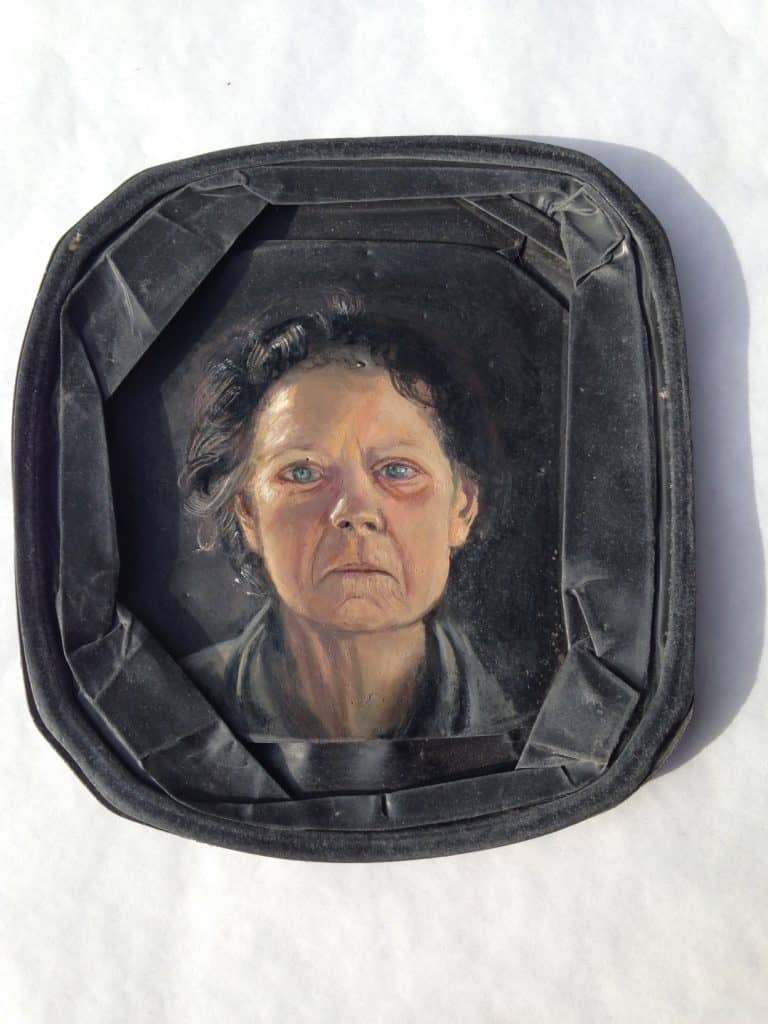
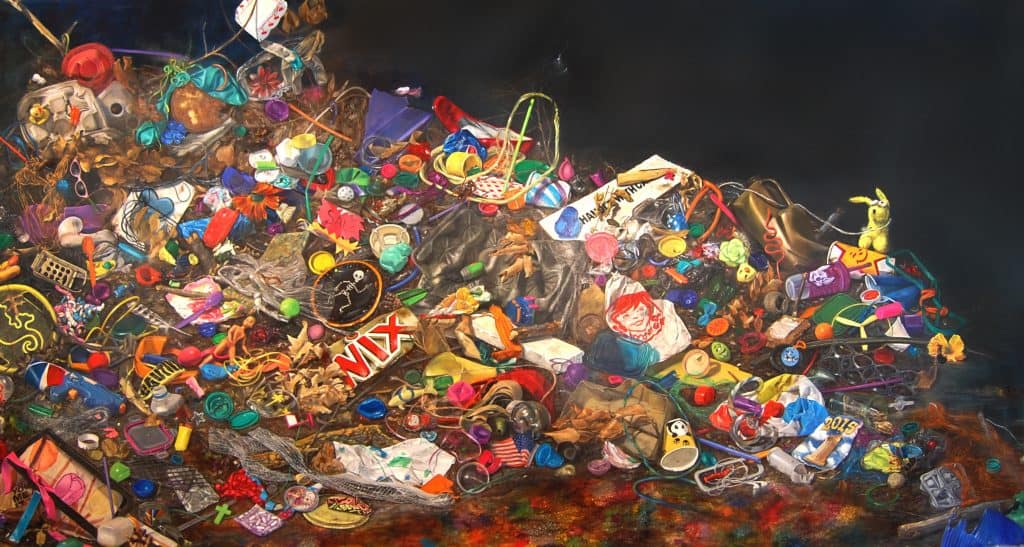
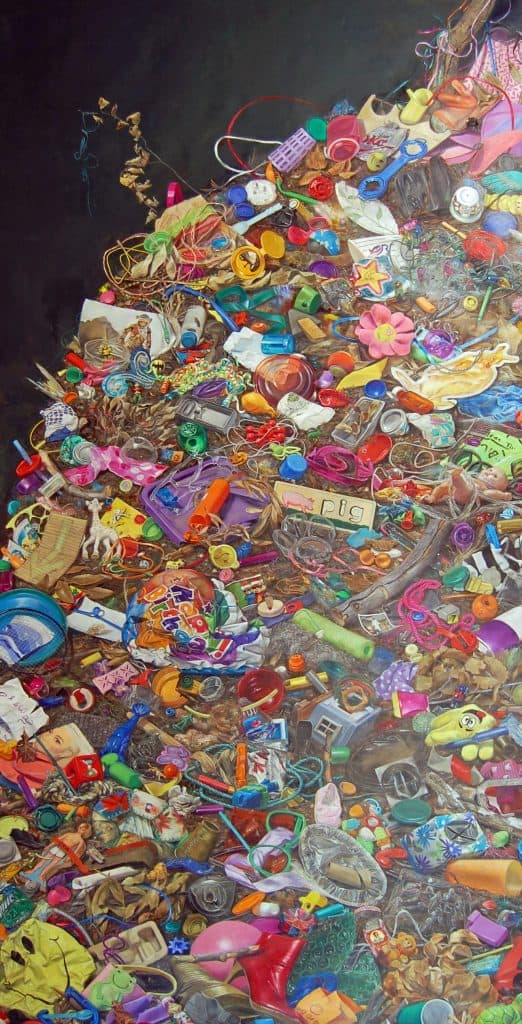


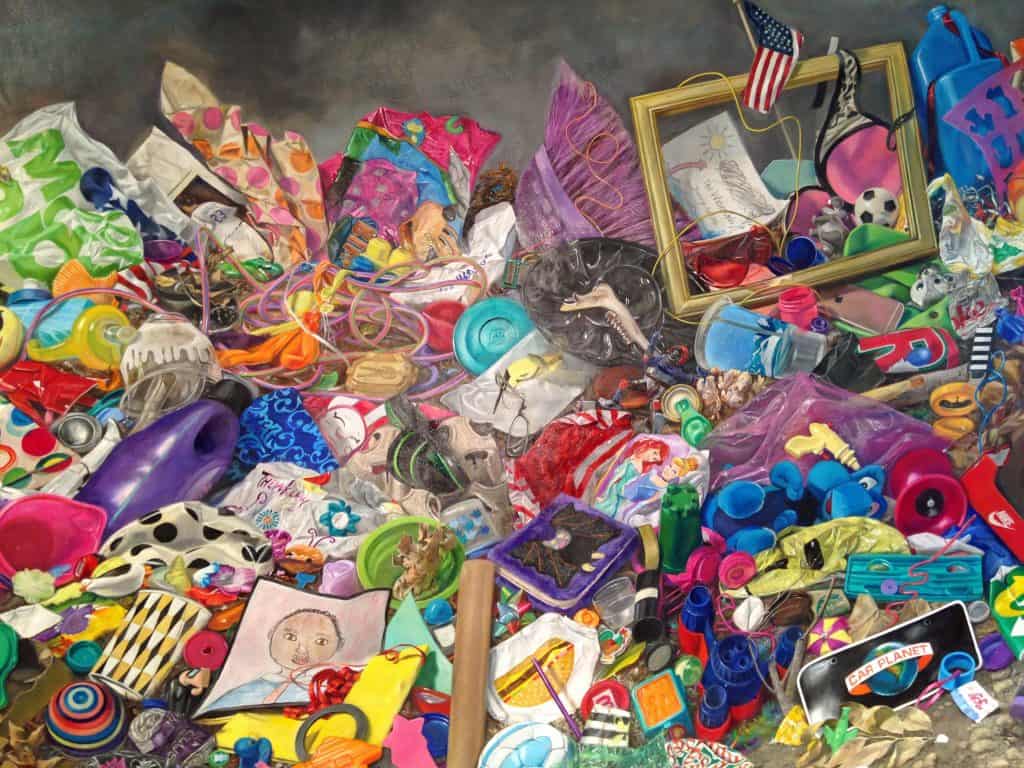

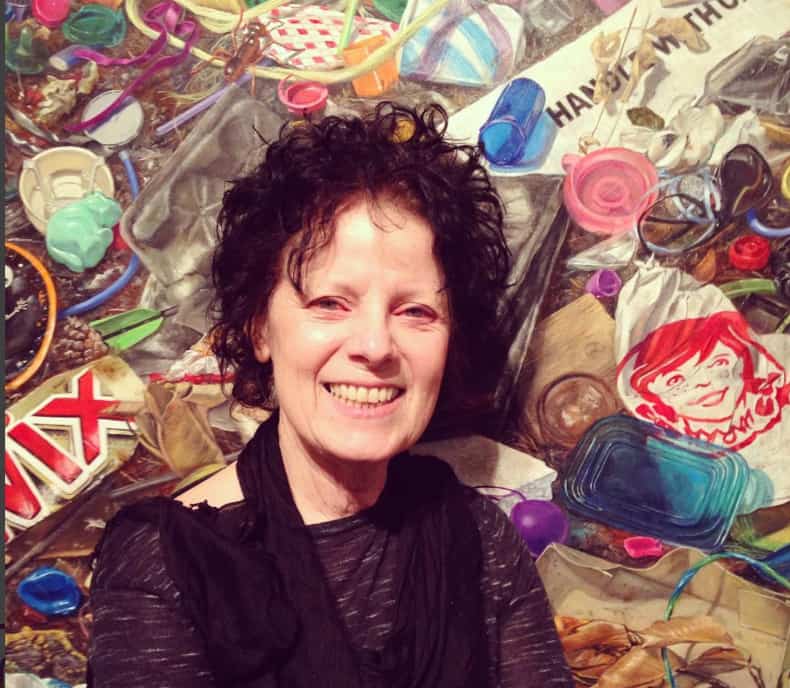
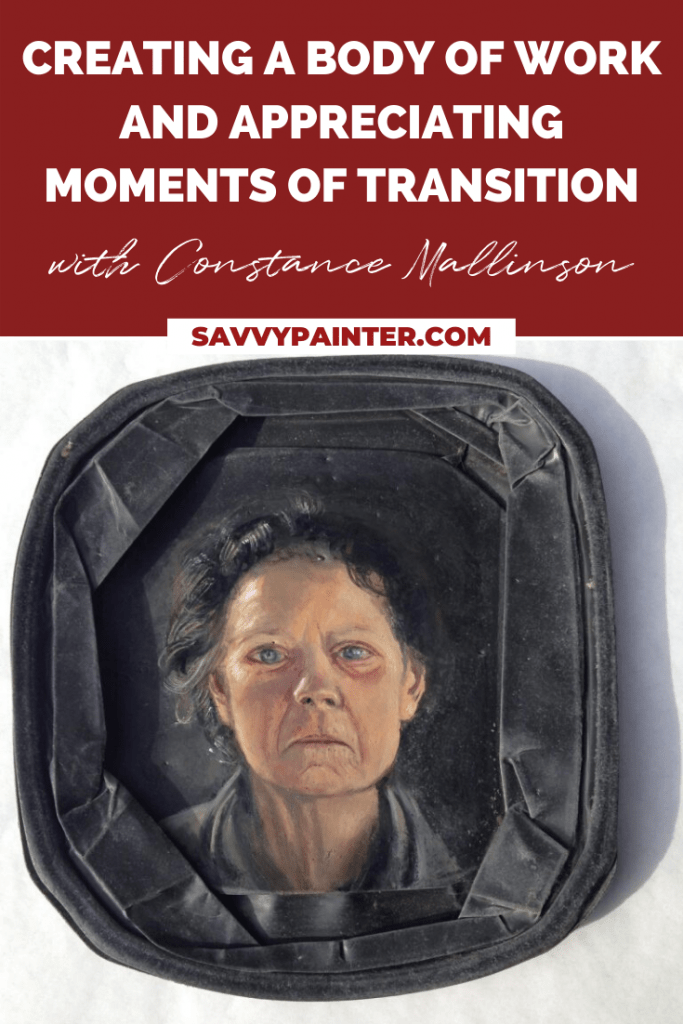
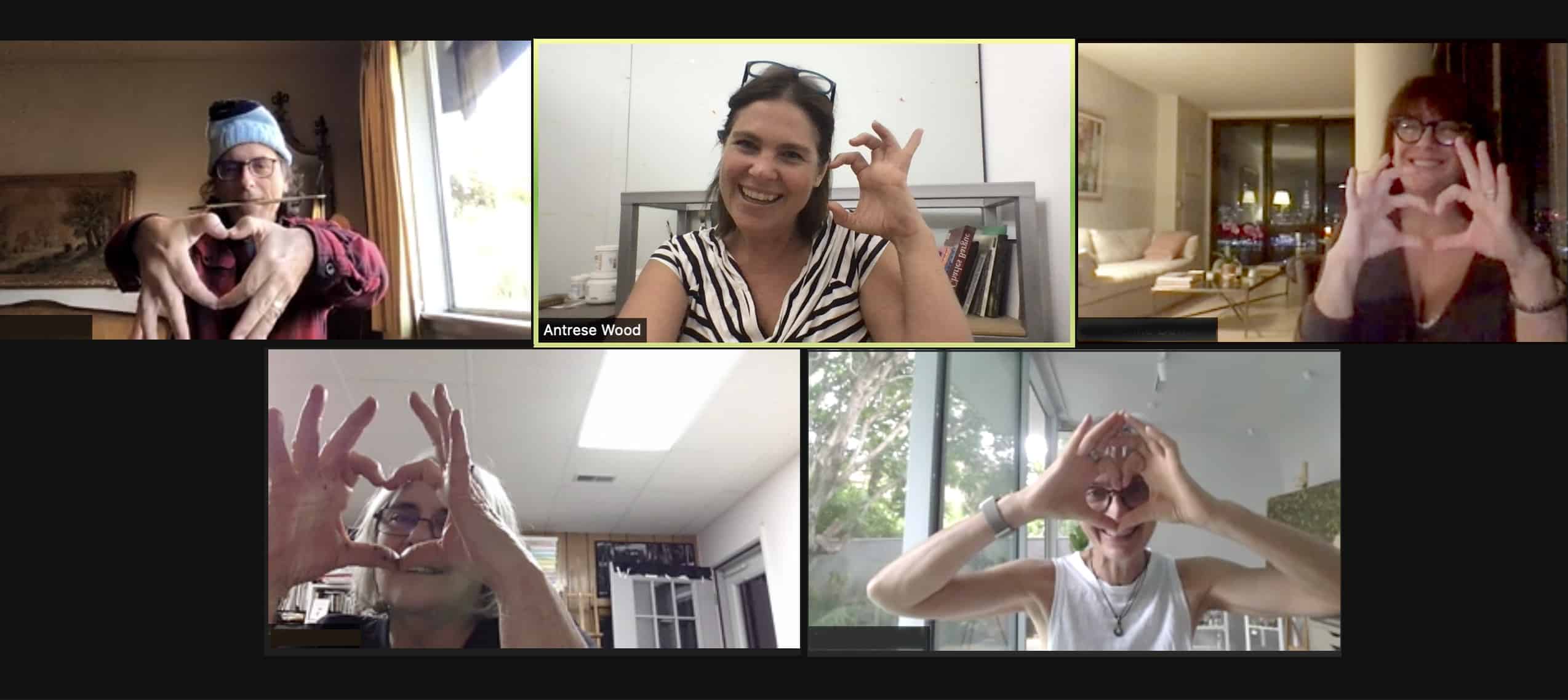
Loved the interview, especially when Constance discusses her role as a parent and artist, something I could identity with.